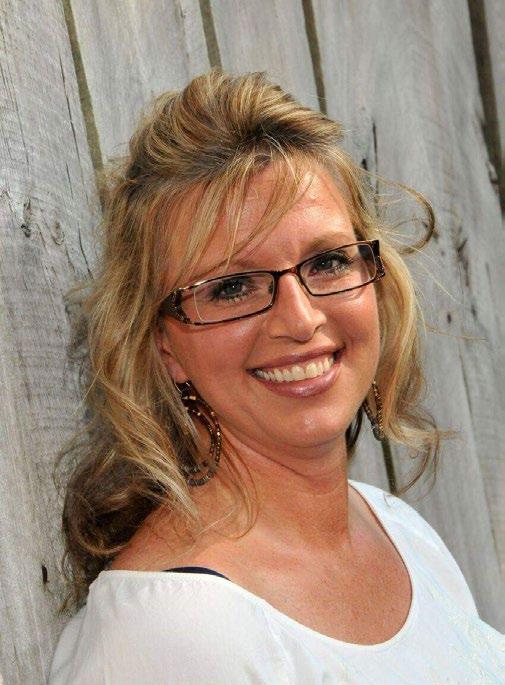
3 minute read
The Nurse Licensure Compact & COVID-19
from In Focus Summer 2020
by NCSBN
This is a continuation of a series that started with the Winter 2020 issue and Spring 2020 issues of In Focus. The Nurse Licensure Compact (NLC) is becoming ever more vital to nurses and those who employ them. The NLC helps remove barriers or unnecessary burdens to borderless practice and increases access to care. It also helps address and reduce workforce shortages and enhances disaster preparedness.
NCSBN is sharing compelling NLC Stories to show how the compact can positively impact nurses and their patients. The common thread running throughout these stories is that these individuals have experienced firsthand the value of the NLC, and its impact on patient care.
Advertisement
The Nurse Licensure Compact & “For us, the compact has COVID-19, a Tale of Two States provided some flexibility When the COVID-19 pandemic hit the U.S. and without losing any of states began taking measures to ensure their the benefits and the health care systems were not overwhelmed, requirements that must many responded with emergency license waivers. be met, both during the Bringing in nurses from across state lines became current pandemic and in crucial. general.” New Jersey and Missouri are a thousand miles apart. While the impact of COVID-19 was unique — Mary Beth Russell to each state, their responses offer compelling arguments for improving access to care and patient safety by encouraging every state join the NLC.
New Jersey
As vice president at the Center for Professional Development, Innovation & Research at RWJBarnabas Health (RWJBH), Mary Beth Russell, PhD, MA, RN, NPD-BC, NEA-BC, is directly involved in promoting safety and quality care for patients. “For us, the compact has provided some flexibility without losing any of the benefits and the requirements that must be met, both during the current pandemic and in general,” she says. “It allows qualified nurses to be onboarded in clinical areas where they’re experientially and educationally prepared to work. Having additional resources readily available ensures the safety of our patients and our employees.”


— Jenni Kent
Missouri
Missouri has been an NLC member state since 2009. It is one of seven states that did not anticipate a need to pass an emergency declaration allowing nurses from non-NLC states to come in and practice during the pandemic. Jenni Kent, MBA, MSN, RN, CNML, is a nurse manager at Liberty Hospital in Liberty, Missouri. Because Missouri is part of the NLC, travel nurses from outside the state were able to remain there on staff during the pandemic. The NLC also gave Missouri nurses the ability to leave the state, to help elsewhere. “If Missouri was not an NLC state, the nurses traveling to help in areas of need would be likely delayed, waiting on state nursing license approval,” says Kent. “The ability to fluidly transfer nursing abilities nationally provides an exceptional resource during any type of disaster. It allows for health care providers to choose to be deployed during times of extensive crises.” Read their full story.
Do You Have an NLC Story to Share?
By sharing your NLC story, you will help contribute to continued success of the NLC by showing legislators in states considering the adoption of the NLC how much it positively impacts nurses and patients. We’ve set up two ways to share your story:
Share a Video Testimonial
Take a few moments to share your experience with the NLC, or tell us why you hope multistate licensure comes to your state, and why. Through our partnership with Gather Voices, you can easily create two short video testimonials. The tool will walk you through the recording process, which you can complete on your computer, tablet or wireless phone.
Submit Your Written Story
Tell us in your words what the NLC means to you, either as a nurse who has benefited from interstate licensure, or a nurse who hopes the compact soon comes to your state.






